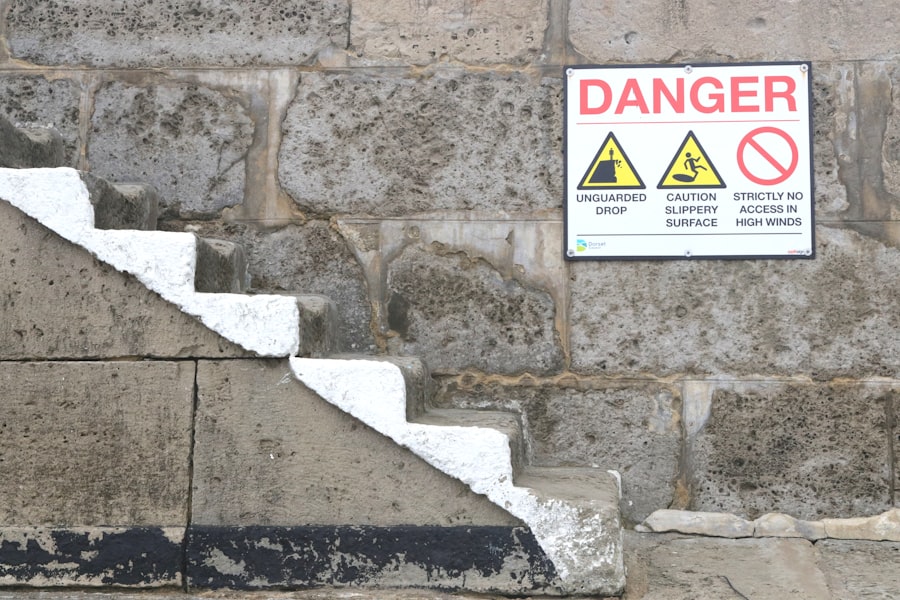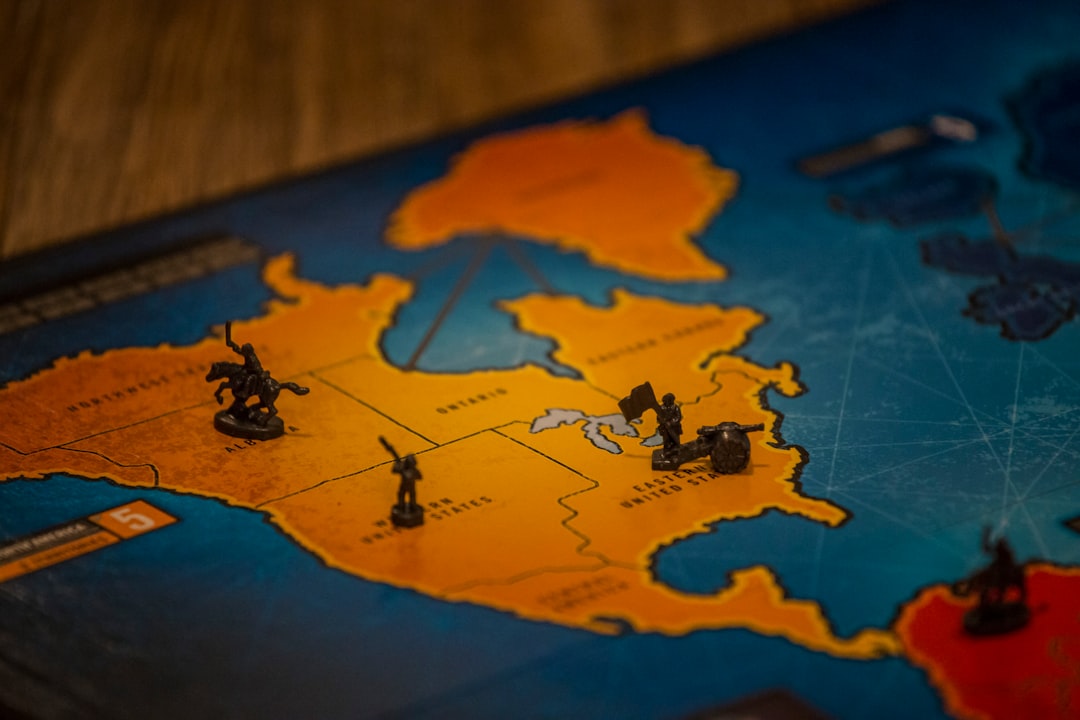The concept of nuclear detonation on the Moon has long been a subject of speculation and debate among scientists, policymakers, and space enthusiasts. As humanity’s interest in lunar exploration intensifies, particularly with plans for permanent bases and potential resource extraction, the idea of using nuclear devices for various purposes has emerged. These purposes range from creating artificial craters for scientific study to potentially altering the lunar environment for future colonization.
However, the implications of such actions are profound and multifaceted, raising questions about the environmental, ethical, and political ramifications of nuclear detonations on the Moon. The Moon, as Earth’s closest celestial neighbor, serves as a unique laboratory for understanding planetary processes and the effects of human activity beyond our home planet. While the notion of harnessing nuclear technology for lunar exploration may seem appealing, it is essential to consider the broader consequences of such actions.
The potential for nuclear detonation on the Moon invites a thorough examination of its environmental impact, risks to astronauts, and the ethical dilemmas it presents. As humanity stands on the brink of a new era in space exploration, it becomes increasingly crucial to weigh the benefits against the potential hazards associated with this powerful technology.
Key Takeaways
- Lunar nuclear detonation could have potential environmental impact on the moon and Earth’s atmosphere.
- The impact on the lunar surface could alter its composition and affect potential future lunar resource utilization.
- Detonation could affect Earth’s atmosphere, potentially leading to long-term radiation exposure and risks to astronauts and spacecraft.
- There are potential political and international ramifications, as well as ethical and moral considerations to be taken into account.
- Mitigation and prevention strategies need to be developed to minimize the potential impact on lunar resources and space debris.
Potential Environmental Impact
The environmental impact of a nuclear detonation on the Moon could be significant and far-reaching. Unlike Earth, where atmospheric conditions can mitigate some effects of nuclear explosions, the Moon’s lack of atmosphere means that any detonation would unleash its full force without any buffering. This could lead to immediate and catastrophic changes to the lunar environment.
The explosion would generate intense heat and radiation, vaporizing surrounding materials and potentially creating a new crater that could alter the Moon’s surface landscape. Moreover, the long-term environmental consequences could be equally concerning. The detonation could release radioactive materials into the lunar regolith, which might remain hazardous for thousands of years.
This contamination could hinder future exploration efforts and pose risks to any potential human presence on the Moon. Additionally, the disturbance of the lunar surface could affect its geological stability, leading to unforeseen consequences for future missions aimed at establishing a permanent human presence or extracting resources.
Impact on Lunar Surface

The immediate impact of a nuclear detonation on the lunar surface would be dramatic. The explosion would create a massive crater, displacing vast amounts of lunar soil and rock. This alteration of the landscape could provide valuable scientific insights into the Moon’s geological history but would also represent a significant disruption to its natural state.
The creation of such craters could interfere with ongoing scientific studies aimed at understanding lunar geology and its evolution over billions of years. Furthermore, the explosion would likely generate a cloud of debris that could scatter across the lunar surface. This debris could pose challenges for future missions, as it might obscure important geological features or create hazardous conditions for landers and rovers.
The alteration of the lunar surface could also impact any existing or planned infrastructure for human habitation or research, complicating efforts to establish a sustainable presence on the Moon.
Effects on Earth’s Atmosphere
| Effects on Earth’s Atmosphere | Metrics |
|---|---|
| Greenhouse Gas Emissions | CO2, CH4, N2O levels |
| Ozone Depletion | Ozone layer thickness |
| Air Pollution | Particulate matter, nitrogen oxides, sulfur dioxide levels |
| Acid Rain | pH levels of precipitation |
| Global Warming | Temperature rise, sea level rise |
While a nuclear detonation on the Moon would primarily affect its environment, there could also be indirect consequences for Earth’s atmosphere. The explosion would release a significant amount of energy and particles into space, some of which might eventually reach Earth. Although the distance between the Moon and Earth provides a buffer against direct effects, there is still potential for fallout in the form of radioactive particles or other materials that could enter Earth’s atmosphere.
The implications of such fallout could vary widely depending on factors such as wind patterns and atmospheric conditions at the time of detonation. While it is unlikely that significant amounts of radioactive material would reach Earth in harmful concentrations, even minor contamination could raise public concern and lead to political ramifications. The perception of risk associated with nuclear activities in space could influence public opinion about space exploration and international cooperation in scientific endeavors.
Risks to Astronauts and Spacecraft
The risks posed by a nuclear detonation on the Moon extend beyond environmental concerns; they also encompass significant dangers to astronauts and spacecraft operating in lunar orbit or on its surface.
Even astronauts stationed at a safe distance might face exposure to harmful radiation levels if proper precautions are not taken.
Additionally, spacecraft operating in lunar orbit could be at risk from debris generated by the explosion. The high-velocity particles resulting from a nuclear detonation could damage sensitive instruments or even destroy spacecraft entirely. This risk underscores the importance of thorough planning and risk assessment before considering any nuclear activities on or near the Moon.
Ensuring astronaut safety must remain a top priority as humanity ventures further into space.
Long-term Radiation Exposure

One of the most concerning aspects of a nuclear detonation on the Moon is the potential for long-term radiation exposure. Unlike Earth, where an atmosphere provides some protection against cosmic radiation and other harmful particles, the Moon’s surface is exposed to these threats without any natural shielding. A nuclear explosion would introduce additional radioactive materials into this environment, compounding existing risks.
The long-term effects of radiation exposure on both human health and lunar ecosystems are not fully understood. Prolonged exposure to radiation can lead to serious health issues, including cancer and genetic mutations. For astronauts who may spend extended periods on the Moon, understanding these risks is crucial for developing effective safety protocols and protective measures.
Moreover, any potential lunar habitats would need to be designed with radiation shielding in mind to ensure the safety of future inhabitants.
Potential Impact on Lunar Resources
The Moon is believed to harbor valuable resources such as water ice, helium-3, and rare earth elements that could be crucial for future space exploration and energy production. However, a nuclear detonation could jeopardize these resources by contaminating them with radioactive materials or altering their accessibility. For instance, if water ice deposits were affected by an explosion, it could complicate efforts to utilize this resource for sustaining human life or fueling spacecraft.
Additionally, any disruption to lunar geology caused by a nuclear explosion might hinder efforts to extract other valuable materials. The long-term viability of mining operations could be compromised if contamination or structural instability were introduced as a result of such an event. As nations and private entities increasingly look toward the Moon as a source of resources for future endeavors, understanding these potential impacts becomes essential for responsible exploration.
Political and International Ramifications
The prospect of nuclear detonation on the Moon raises significant political and international concerns. The Outer Space Treaty of 1967 prohibits the placement of nuclear weapons in space and emphasizes that celestial bodies should be used for peaceful purposes. Any attempt to conduct nuclear detonations on the Moon would likely violate this treaty and provoke international outrage.
Moreover, nations may perceive such actions as aggressive or militaristic, leading to heightened tensions in international relations regarding space exploration. The potential for an arms race in space could emerge if countries feel compelled to develop their own nuclear capabilities in response to perceived threats from others. As humanity navigates this new frontier, fostering cooperation among nations will be crucial to ensure that space remains a domain for peaceful exploration rather than conflict.
Potential for Space Debris
A nuclear detonation on the Moon would not only impact its surface but also contribute to the growing issue of space debris in orbit around Earth and potentially around other celestial bodies as well. The explosion would generate debris that could escape lunar gravity and enter orbit around the Moon or even travel toward Earth. This debris poses risks not only to future missions but also to existing satellites and spacecraft operating in those regions.
As space agencies around the world work diligently to address the problem of space debris in Earth’s orbit, introducing additional debris from lunar activities complicates these efforts further. The potential for collisions between debris and operational spacecraft increases with each new piece added to the orbital environment. Therefore, careful consideration must be given to any plans involving nuclear detonations on or near celestial bodies to mitigate these risks effectively.
Ethical and Moral Considerations
The ethical implications surrounding nuclear detonation on the Moon are profound and complex. At its core lies a fundamental question: should humanity wield such destructive power in an environment that has remained largely untouched? The moral responsibility associated with using nuclear technology extends beyond immediate consequences; it encompasses considerations about future generations who may inhabit or explore these celestial bodies.
Furthermore, there is an ethical obligation to protect extraterrestrial environments from contamination or destruction caused by human activities. As stewards of space exploration, humanity must grapple with its role in preserving these environments while pursuing scientific knowledge and technological advancement. Engaging in open dialogue about these ethical dilemmas is essential for ensuring that decisions made today do not compromise the integrity of future exploration efforts.
Mitigation and Prevention Strategies
To address the myriad concerns associated with potential nuclear detonations on the Moon, comprehensive mitigation and prevention strategies must be developed. First and foremost, international cooperation is essential in establishing clear guidelines governing activities in outer space. Strengthening existing treaties like the Outer Space Treaty can help ensure that all nations adhere to principles promoting peaceful exploration.
Additionally, investing in research focused on alternative methods for achieving scientific goals without resorting to nuclear technology is crucial. Innovative approaches such as advanced robotics or non-destructive geological studies can yield valuable insights without posing risks associated with nuclear detonations. By prioritizing safety and sustainability in space exploration efforts, humanity can pave the way for responsible engagement with our celestial neighbors while minimizing potential hazards associated with powerful technologies like nuclear energy.
In conclusion, while the idea of utilizing nuclear detonations on the Moon may present intriguing possibilities for scientific advancement or resource extraction, it is imperative to consider the extensive implications such actions entail. From environmental impacts to ethical dilemmas and international ramifications, every aspect must be carefully evaluated before proceeding down this path. As humanity embarks on its journey into deeper space exploration, prioritizing safety, cooperation, and responsible stewardship will be essential for ensuring that future generations can continue exploring our universe without compromising its integrity.
The risks associated with lunar nuclear detonation are a topic of growing concern among scientists and policymakers. Such an event could have catastrophic consequences, not only for the lunar environment but also for Earth due to potential fallout and space debris. An interesting article that delves into the broader implications of nuclear activities in space can be found on Hey Did You Know This. It provides insights into the potential hazards and the international regulations that aim to prevent such occurrences. For more detailed information, you can read the article on their website.
WATCH THIS! 🤯America Tried to Nuke the Moon
FAQs
What is a lunar nuclear detonation?
A lunar nuclear detonation refers to the hypothetical scenario of detonating a nuclear weapon on the surface of the moon.
What are the potential risks of a lunar nuclear detonation?
The potential risks of a lunar nuclear detonation include the release of radioactive debris into space, potential damage to the moon’s surface and environment, and the potential for negative impacts on Earth’s environment and ecosystems.
Could a lunar nuclear detonation affect Earth?
While the direct effects of a lunar nuclear detonation on Earth are uncertain, there is a possibility that radioactive debris could be ejected into space and potentially reach Earth, posing a risk to the environment and human health.
Has a lunar nuclear detonation ever been attempted?
No, a lunar nuclear detonation has never been attempted and is purely a hypothetical scenario at this time.
What are the international regulations regarding lunar nuclear detonations?
The Outer Space Treaty, which was signed by the United States and other countries, prohibits the placement of nuclear weapons or any other weapons of mass destruction in outer space, including the moon.
